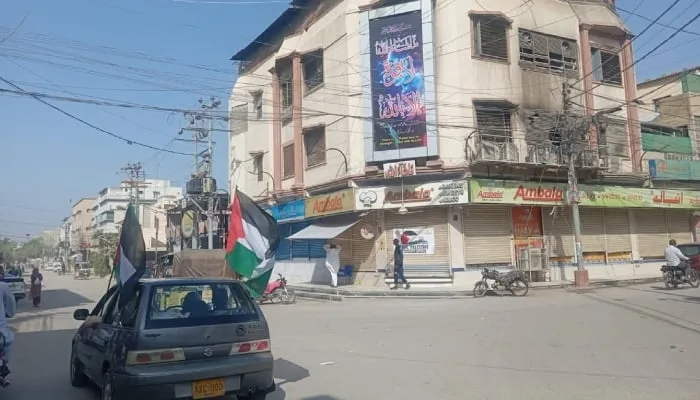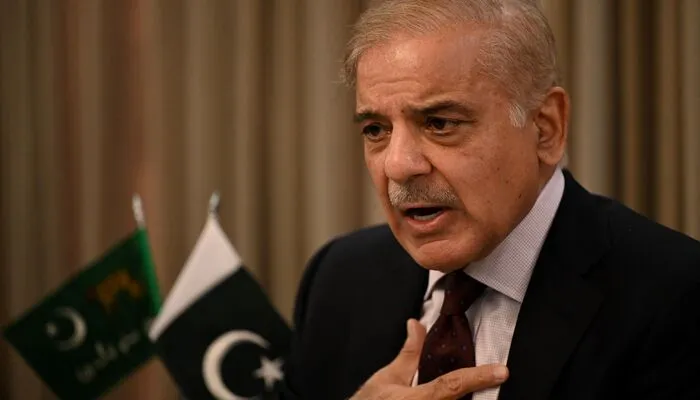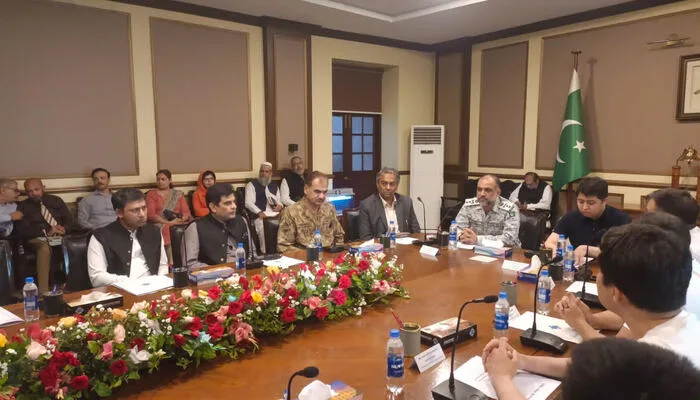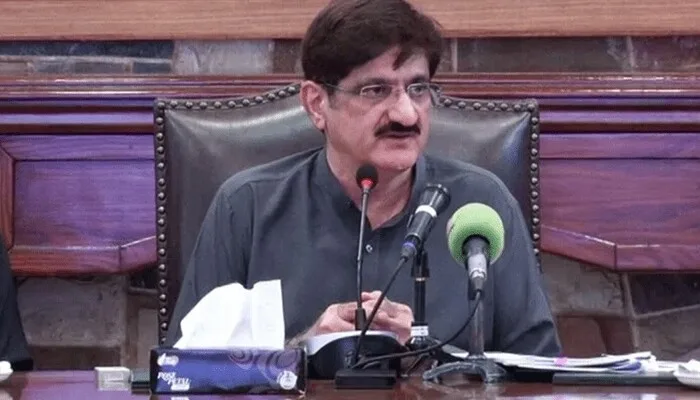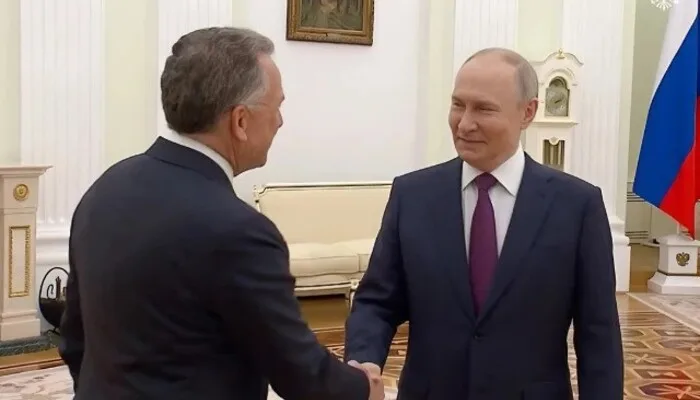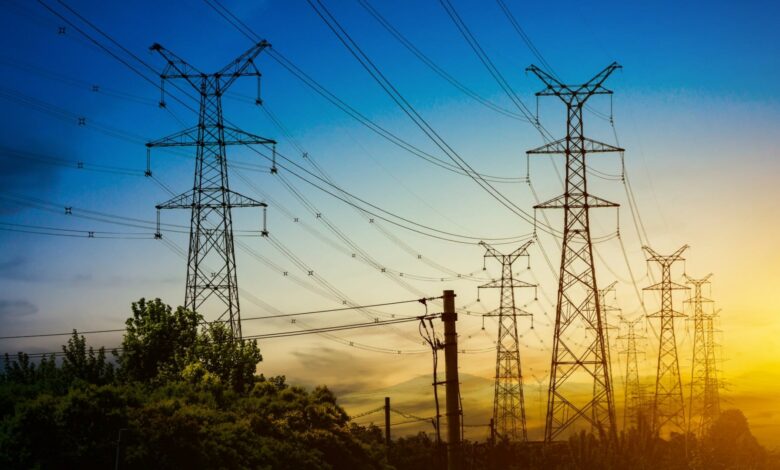
KARACHI: The likelihood of reducing high electricity prices in Pakistan appears bleak as the government continues to use electricity and petroleum products as key revenue generators. Independent power producers (IPPs) operate without sufficient oversight, contributing to the ongoing energy crisis. These issues were highlighted by experts during a media briefing titled “Pakistan Energy Crisis and IPPs: How Overbilling Impacts Quality of Life and Pathways to Solution” at the Applied Economics Research Centre (AERC), University of Karachi, on Thursday.
Dr. Aamir Siddiqui, an assistant professor at AERC, emphasized that electricity charges are unlikely to decrease soon because the government relies heavily on petrol and electricity for revenue. Despite the presence of around 100 IPPs in the country, electricity prices continue to rise instead of stabilizing. He pointed out that Pakistan generates more power than it needs, yet load shedding persists due to the government’s failure to negotiate better terms with the IPPs or revise their agreements, even though the IPPs are paid in dollars or equivalent amounts.
Government Prioritizes Revenue Over Public Welfare
Dr. Muhammad Sabir, principal economist at the Social Policy and Development Centre in Karachi, stated that electricity tariffs would not drop until the government prioritizes public welfare over its own interests. He criticized many of the agreements with the IPPs as being poorly thought out, noting that some IPPs that do not supply power are still paid in full and on time.
Impact on Low and Middle-Income Households
Assistant Professor Dr. Fauzia Sohail from AERC highlighted the severe impact of overbilling and high electricity costs on low and middle-income households. She explained that rising electricity charges force families to cut down on essential expenditures such as health, education, food, and transportation. This financial strain pushes some families below the poverty line, particularly in Karachi. Dr. Sohail called for government compensation to low-income households for health and education to mitigate the adverse effects on people’s lives and the country’s economy.
The K-Electric Issue
M.Phil scholar Rao Asad addressed the specific issue of K-Electric, accusing the company of overbilling to manage its electricity shortfall through load shedding. He argued that K-Electric suppresses electricity demand in Karachi because it cannot generate enough power to meet the city’s needs.
Also Read: Erdogan and Biden Clash Over Gaza Ceasefire
Lack of Accountability for IPPs
Experts also pointed out that many IPPs are owned, directly or indirectly, by individuals who are part of past and present governments. This connection prevents strict action against underperforming IPPs. Dr. Asghar Ali, who moderated the event, claimed that audits of IPPs are rarely conducted in Pakistan, contributing to the current problematic situation.
Proposed Solutions
The experts suggested several solutions, including renegotiating agreements with IPPs, considering their nationalization, implementing financial and social support programs, and restructuring K-Electric into separate generation and distribution companies. These measures are crucial for addressing the ongoing energy crisis and alleviating the burden on households.
The briefing also featured insights from AERC Director Prof. Dr. Nooreen Mujahid and Shahzad Qamar, CEO of the Ataleeq Foundation, who emphasized the need for immediate and effective action to tackle the high electricity prices and their impact on the quality of life in Pakistan.




